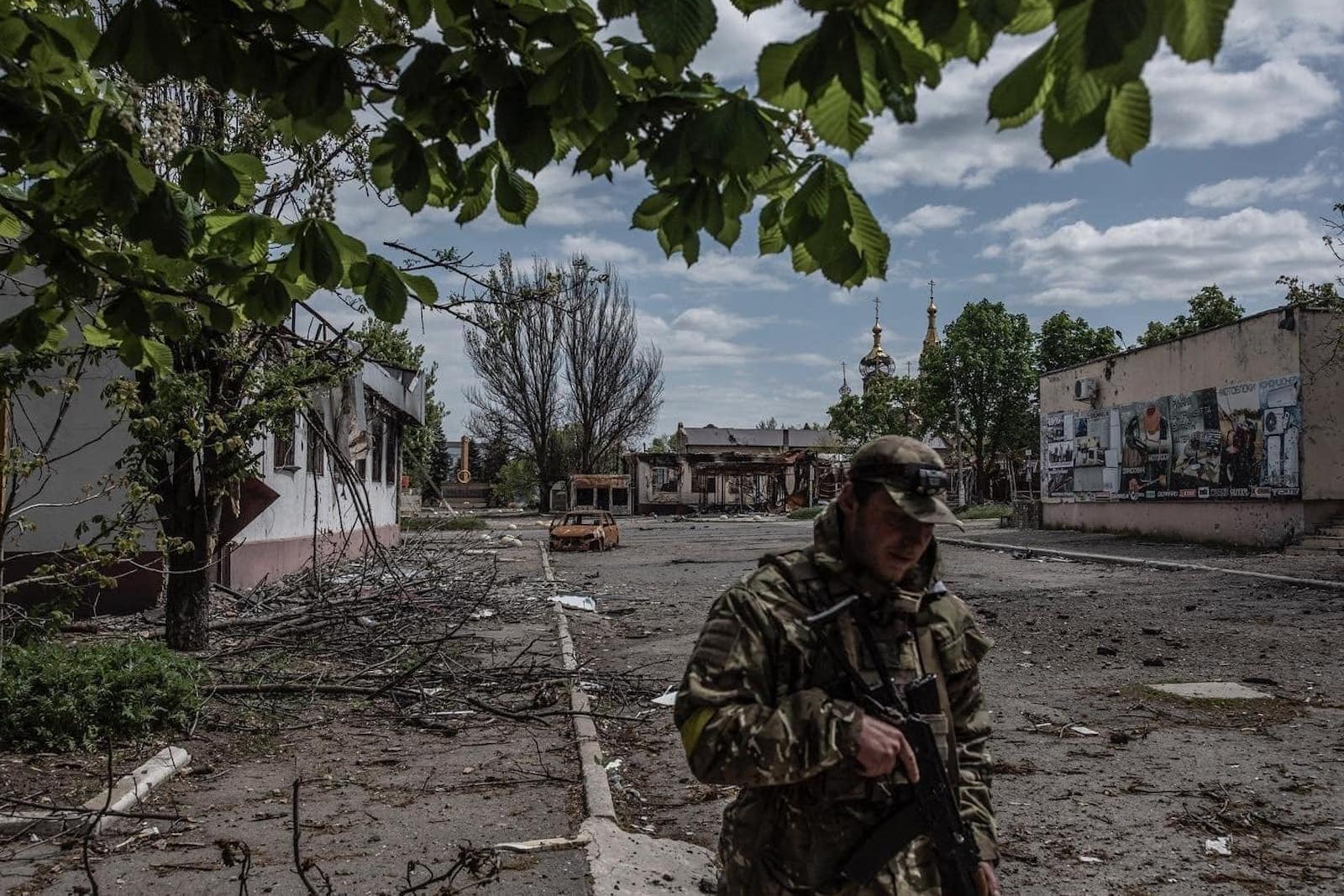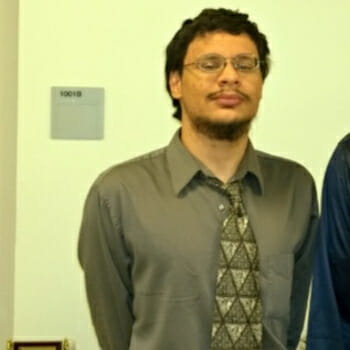
Kazakhstan’s Layered Approach to Ukraine Conflict
Kazakhstan is stuck between a rock and a hard place. Or more specifically, Russia and the West. With Kazakhstan’s main trading partner engrossed in a now protracted conflict in Ukraine, and subject to crippling international sanctions, Kassym-Jomart Tokayev, Kazakhstan’s president, has been left facing a perilous balancing act. On the one hand, hamstrung by his nation’s natural affinity to Moscow and its people, and on the other, clearly disturbed by Russian President Vladimir Putin’s brutal war on the people of Ukraine.
With so much at stake, Kazakhstan’s reaction risks being highly divisive and economically costly. The reaction of Tokayev, however, has reinforced the country’s commitment to the international community, and indeed, its appreciation for regional stability.
Internally, Kazakhstan has witnessed its own unrest. In January, demonstrations against the rise in energy prices turned violent, and the ensuing clashes with the police remain a matter under investigation with accusations of police abuse. This lesson gave way to what appears to be a period of genuine internal reflection and political liberalization.
The passing of a referendum on June 5th to ratify nearly three dozen constitutional changes aimed at emboldening democracy and civil society across the country are perhaps the best – and most positive – indicator of Kazakhstan’s intention. The close observer will note these proposals have gone alongside several high-level international conferences, and important business and regional cooperation delegations being hosted in the country, including visits from senior U.S. officials as well as special envoys from the UN, the EU, and delegations of senior business figures from around the world.
The central tenet of the country’s foreign policy is to adhere to the UN Charter – unsurprising given Tokayev’s own personal experience. He served as director of the UN Office in Geneva in 2011, and Personal Representative of the United Nations Secretary-General to the Conference on Disarmament. He also served as Secretary-General of the Conference on Disarmament.
At the St. Petersburg International Economic Forum, Kazakstan’s president Kassym-Jomart @TokayevKZ expressed doubt over legitimacy of “quasi-states” DNR/LNR:#StopRussianAggression #StopPutinNOW pic.twitter.com/VMSgKdbYU9
— U24 (@u24_news) June 17, 2022
Indeed, as Kazakhstan’s former foreign minister, Tokayev played an active role in the field of nuclear non-proliferation. In 1996, he signed the Comprehensive Nuclear-Test-Ban Treaty (CTBT) in New York, and in 2005, the Treaty on a Nuclear-Weapons-Free Zone in Central Asia (CANWFZ) in Semipalatinsk. His track record is clear.
With this in mind, Tokayev has continued to push Vladimir Putin toward accepting compromises. He stands perhaps as a lone voice able to do so, backed by his adherence to these consensus international community principles, and with a firm stance on the role of disarmament in any potential solution.
But what backs up Tokayev’s legitimacy to take such strong stances regarding Putin? What does Tokayev himself – as the head of such a close neighboring state to Russia, with the world’s longest land border with Russia, as well as a long-time former senior diplomat – have on his mind when he approaches the minefield that is Ukraine?
Two factors are driving Tokayev’s decision-making. One – the territorial integrity of the state; and two – the right of a nation to self-determination. As Tokayev himself recently stressed in Russia, the right to self-determination should not be abused at the expense of the territorial integrity of sovereign states.
When asked by Margarita Simonyan, the editor-in-chief of RT, about the war in Ukraine, at the plenary session of the 25th St. Petersburg International Economic Forum, Toqaev had this to say: “It has been calculated that if the right of nations to self-determination were actually implemented across the globe, then instead of the 193 states that now make up the UN there would be more than 500 or 600 states on Earth…naturally, it would be chaos.”
Toqaev added, “for this reason, we do not recognize Taiwan, or Kosovo, or South Ossetia, or Abkhazia. This principle will be applied to quasi-state entities, which, in our opinion, Luhansk and Donetsk are.”
Because of this respect for international principles, Kazakhstan has not recognized Taiwan, Kosovo, South Ossetia, and Abkhazia. Similarly, with respect to Ukraine’s territorial integrity, this principle and policy apply to the so-called Donetsk and Luhansk People’s Republics in Ukraine’s eastern Donbas region. Kazakhstan has made it clear that it will uphold international sanctions against Russia and has rebranded its own oil exports to distinguish them from exports coming from Russia.
Kazakhstan has continued to push for a peaceful solution to the conflict and has sent humanitarian aid to Ukraine. Observers would be well advised to refrain from thinking that Kazakhstan is anything but independent in its voice – but independence does not mean it cannot be pragmatic, and most of all, principled.

